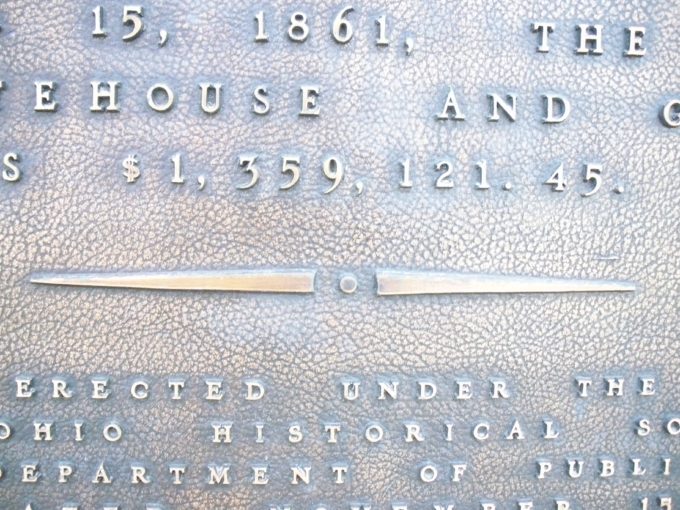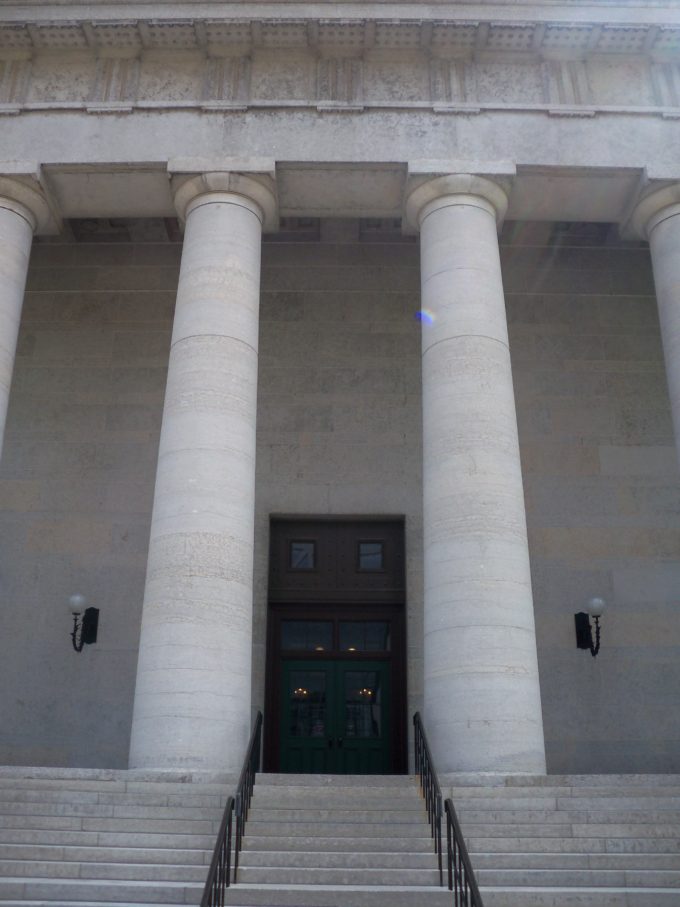
Monday, 13 January 2020
…for so an entrance will be supplied to you abundantly into the everlasting kingdom of our Lord and Savior Jesus Christ. 2 Peter 1:11
Peter now completes the thought he introduced in the previous verse. He had admonished his audience to be “diligent to make your call and election sure.” This was to ensure they never stumbled. Now he says, “for so an entrance will be supplied to you.” The words “for so” mean “in this way.” By doing one thing, the next will result.
From that, Peter then uses a word, epichorégeó, which means “to supply.” It is the same word he used in verse 5 when noting the supplying of one virtue to another. The prefix epi signifies “upon” or “on,” and it is used to intensify the next part of the word which is the word chorégeó. It speaks of leading a group of performers. One can see the root of our modern word choreography. Peter then further intensifies the thought by saying “abundantly.”
There is a rich and abundant benefit for following Peter’s admonition. Instead of being shortsighted, even to blindness, and then stumbling on the walk to glory, there will be a richness to the walk which is supplied to the individual even as he proceeds “into the everlasting kingdom.”
The word translated as “everlasting” speaks of an age. But it is not just an age of time. Rather it also speaks of the quality of life. As this is referring to believers, even now, HELPS Word Studies gives a sound explanation –
“Eternal (166 /aiṓnios) life operates simultaneously outside of time, inside of time, and beyond time – i.e. what gives time its everlasting meaning for the believer through faith, yet is also time-independent.”
The word is, therefore, better translated as “eternal” instead of “everlasting.” It deals with more than just time, but the better life in that time which is experienced by those who possess it.
Understanding this, and taken together with the thought of the previous verse which did not speak of a loss of salvation, but simply stumbling on the way to glory, Professor Salmond notes that Peter’s words here speak of exactly the opposite of what Paul says in 1 Corinthians 3:15, where the believer is “saved, yet so as through fire.”
The one who fails to heed Peter’s words of exhortation will stumble, he may forget he was even saved, but he will remain saved but possess few or no rewards for his walk. But the one who heeds his words will not only be saved, but he will be richly supplied in his walk and when he enters “into the [eternal] kingdom.”
The kingdom is exactly the same thing that Paul speaks about fourteen times in his epistles. It is mentioned three times in Hebrews – a book certainly written by Paul, and then it is mentioned once by James, and once by Peter (in this verse) in their epistles. What is obvious is that the same kingdom is referred to by all three – Paul, James, and Peter. A kingdom is a dominion ruled by a king. In this case, it is that of “our Lord and Savior Jesus Christ.”
The words are the same construction as the words of verse 1 where Peter said “our God and Savior Jesus Christ.” God is our Savior, and Jesus is our Savior. Therefore, Peter is noting quite clearly that Jesus is God. He is the Ruler of the kingdom, and thus He is our King.
Life application: Access to the eternal kingdom of Jesus is obtained by faith in Jesus. This was stated by Jesus and is repeated again and again by the apostles in the New Testament. Cherubim were placed at the entrance to the Garden of Eden when Adam and Eve were expelled from there. They guarded the entrance, ensuring that there was no access, thus keeping man from the Tree of Life. This was likewise pictured on the veil in front of the Ark of the Testimony –
“You shall make a veil woven of blue, purple, and scarlet thread, and fine woven linen. It shall be woven with an artistic design of cherubim.” Exodus 26:31
When Christ Jesus died on the cross, the veil was torn in two. This symbolized that access was restored to the Tree of Life through His torn body. The book of Hebrews explicitly says the veil symbolized His flesh (Hebrews 10:20). The book of John shows us that the ark was a picture of His sacrifice as well. Every detail of the Old Testament finds its fulfillment in Jesus. It is through Him that we obtain entrance into His everlasting kingdom. Therefore, we are wise to increase our knowledge of Him and His word now, so that we will be supplied “abundantly” with access into His eternal dwelling. What we put off today will affect what we receive in the time to come.
O God! Give us more of Jesus. Fill us with an ever-increasing desire to know Him and His mighty works. Open our understanding concerning the pictures and symbols of the Old Testament and how they relate to, and are fulfilled in, the New. May our eyes be opened to the marvelous fulfillment of these things in Jesus our Lord! Amen.




